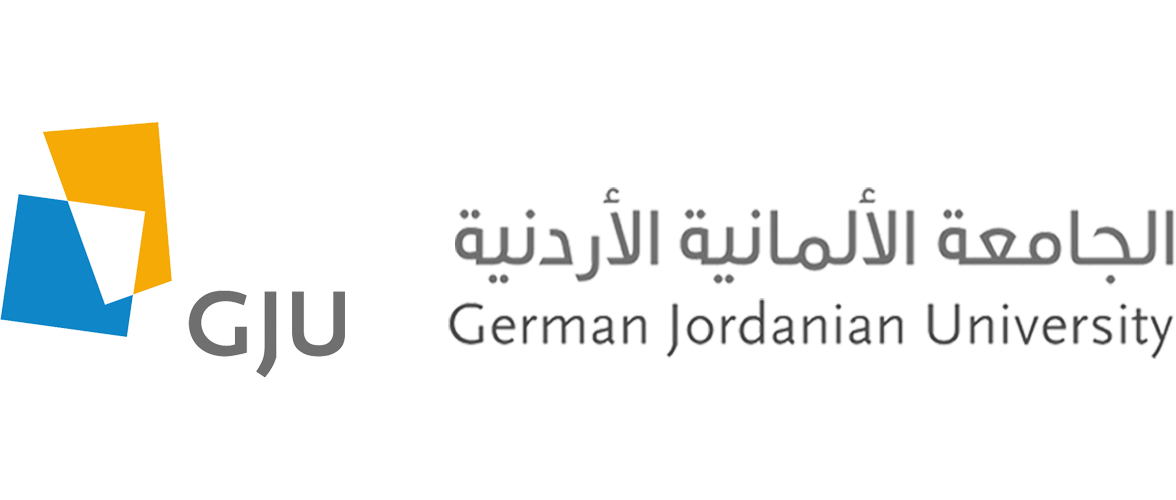Amman- 12 May 2019

Recently, an international team led by Dia Zeidan from GJU, Peer Ueberholz and his team from Niederrhein University of Applied Sciences, Germany made great achievements in numerical analysis and computational fluid dynamics. This is published recently in Computer & Fluids, the top journal on computational engineering and sciences, entitled ‘‘Numerical investigation of a mixture two-phase flow model in two-dimensional space’’ and was selected as Benchmark Solutions in volume 181 of 2019, which went live on March 15. The first affiliation is the German Jordanian University.
https://www.sciencedirect.com/science/article/abs/pii/S0045793018309393
Numerical analysis is the key step for computer simulations in Computational Fluid Dynamics (CFD). Non-equilibrium fluid flows are attracting considerable attention by many applied and computational scientists. The published results have demonstrated that well-defined mathematical models and well-established numerical methods can be employed for practical engineering problems of the non-equilibrium type. The anonymous expert referee made very encouraging comments: ‘‘Overall, the reviewer finds this manuscript well written and the assessment of their mixture model is carefully done, by evaluating the effects of different numerical parameters using canonical examples found in the literature’’. Since mathematical and numerical modelling have developed rapidly in recent years and is widely used for real-life application, this comment is really of a high praise. This study also provides an innovative platform for the development of new and advanced numerical tools in the fields of engineering mathematics, cancer modelling and related topics.
In the past few years, the formed international team have developed computational tools for non-equilibrium fluid flow problems. They have carried out a systematic research on the validation and development of high-fidelity numerical simulations for practical engineering problems. This achievement result from deep research collaborations among the group of Peer Ueberholz. The research is supported partially by the Scientific Research Support Fund, Ministry of Higher Education & Scientific Research, the German Jordanian University and Niederrhein University of Applied Sciences.

